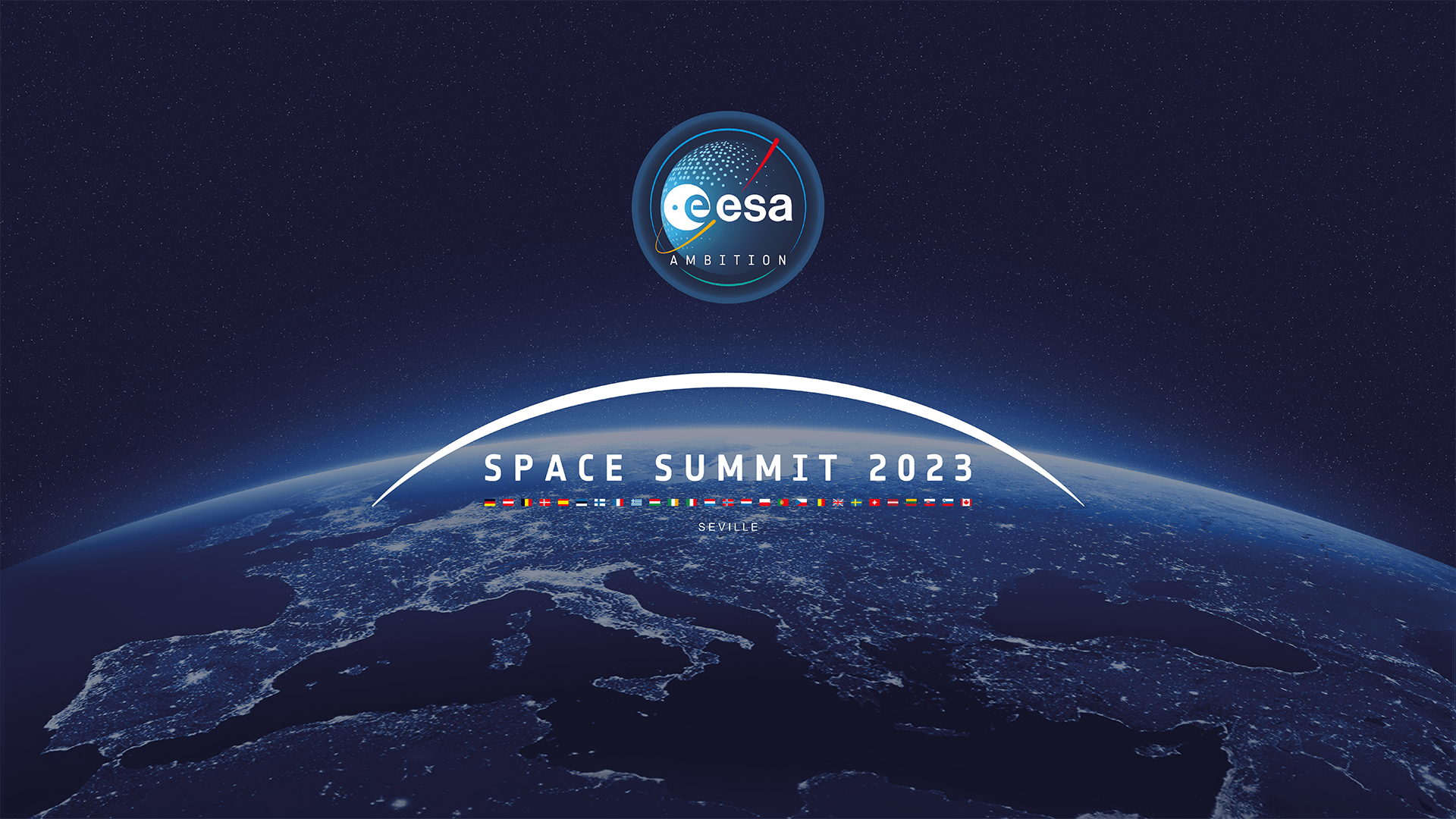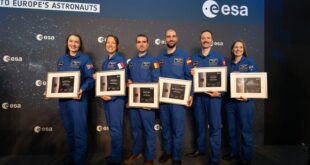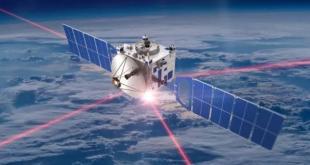
Ibadan, 9 October 2023. – The European Space Agency (ESA) has established the “Zero Debris Charter” with the aim of moving Europe towards space safety and sustainability and fostering a community of proactive actors working collectively towards jointly defined ambitions. The Charter comes after ESA Member States encouraged the Agency to implement “a Zero Debris approach for its missions and to encourage partners and other actors to pursue similar paths”.
To implement the Zero Debris Charter, the Agency will focus on developing ground-breaking technologies for satellite end-of-life disposal, in-orbit servicing and active debris removal. In addition, ESA will work hand-in-hand with institutions in charge of regulatory aspects.
More than 40 organizations actively engaged in the open and collaborative development of the Charter. As a result, the Charter is now released and is ready for signatures from “any entity demonstrating a strong commitment to advancing space safety and sustainability.”
“Based on a draft proposed by ESA”, said Quentin Verspieren, Project Accelerator Coordinator, “we have analyzed, debated and rewritten every single line of the Charter through a fully open and collaborative process. Beyond having converged on such an ambitious document in record time, our exchanges revealed a strong consensus in Europe and beyond on the need to go further than existing space safety and sustainability practices.”
The Charter aims to develop a precise and common vision of space sustainability for 2030. It aims to combine far-reaching guiding principles and highly ambitious yet realistic technical targets on which to build an ambitious Zero Debris roadmap, driving global space debris mitigation and remediation efforts. Furthermore, ESA is also using the Charter to build a diverse community of actors in Europe and beyond, that commit to further advancing space safety and sustainability.





